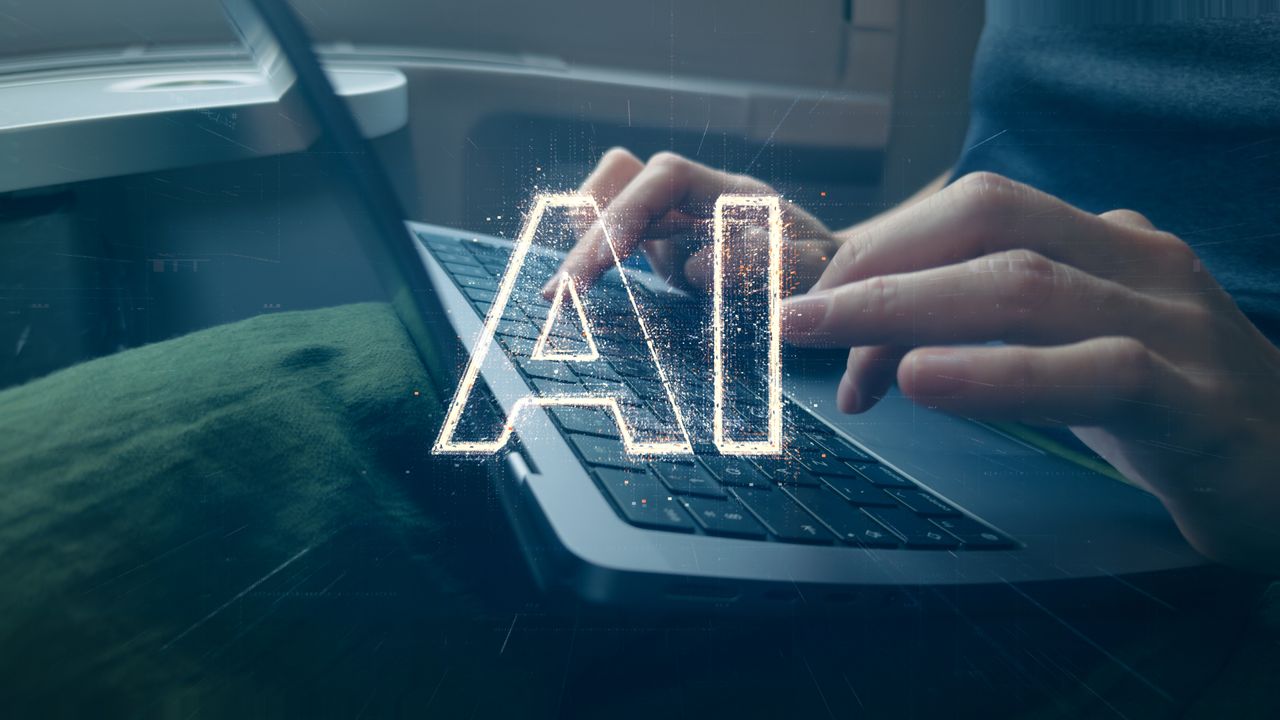
While many artists see the training of AI image generators using unlicensed work as theft, but the UK High Court has just decided otherwise, and the case could influence future rulings and public policy.
Getty Images sued the AI developer Stability AI, claiming that it had committed secondary copy infringement by training the Stable Diffusion AI image model on millions of images taken from Getty's stock photo library. However, Judge Joanna Smith has mainly ruled in favour of Stability AI.

Although there was evidence that photos from Getty were used to train Stability’s model (Getty watermarks turned up on AI-generated images), the judge ruled that training an AI model on copyrighted works, without storing or reproducing those works in the model itself, does not amount to secondary copyright infringement under UK law.
The judge ruled: “An AI model such as Stable Diffusion which does not store or reproduce any copyright works (and has never done so) is not an ‘infringing copy’.”
She did, however, take Getty's side in certain claims about trademark infringement related to its watermarks, raising the possibility that AI developers could be sued if models clearly reproduce trademarks.
Simon Barker, Partner and Head of Intellectual Property at law firm Freeths, said the judgment strikes a balance between protecting the interests of creative industries and enabling technological innovation.
“AI developers can take some comfort from the case that the mere act of training on large datasets will not of itself expose them to liability for copyright infringement in the UK,” he said. “However, the judgment also serves as a warning that if AI-generated outputs reproduce protected trade marks, for example where they appear as watermarks, in a way that could confuse people then they will risk infringing those trade marks. Each case will turn on its own facts and rights holders will need to evidence a likelihood of confusion or association with the relevant trade mark to succeed.”
That doesn't seem to leave a lot of hope for artists. Rebecca Newman, a legal director at Addleshaw Goddard, has warned that the ruling is a blow to copyright owners’ exclusive right to profit from their work and means “the UK’s secondary copyright regime is not strong enough to protect its creators”.
For James Clark, Data Protection, AI and Digital Regulation partner at law firm Spencer West LLP, the ruling will cause concern for the creative industry. “The judgment usefully highlights the problem that the creative industry has in bringing a successful copyright infringement claim in relation to the training of large language models,” he says.
“During the training process, the model is not making a copy of the work used to train it, and it does not reproduce that work when prompted for an output by its user. Rather, the model 'learns' from the work, in a similar way to the way that you or I might do so. As an expert report quoted in the judgment explains: 'Rather than storing their training data, diffusion models learn the statistics of patterns which are associated with certain concepts found in the text labels applied to their training data, i.e. they learn a probability distribution associated with certain concepts'.”
Some questions remain unaddressed, though. Getty withdrew part of its lawsuit relating to primary copyright infringement because Stability AI argued that its AI training had not happened in Britain. The company still has another case against Stability AI pending in the US.
Nathan Smith, IP partner at Katten Muchin Rosenman LLP says that while on the surface, the long-awaited ruling may appear to have provided some clarity, there remains significant uncertainty.
“The Court’s findings on the more important questions regarding copyright infringement were constrained by jurisdictional limitations, offering little insight on whether training AI models on copyrighted works infringes intellectual property rights,” he says.
He adds: “On the face of it, the judgment appears to present a win for the AI community, but arguably leaves the legal waters of copyright and AI training as murky as before.”
There are other issues around copyright with AI imagery too. So far, it's been ruled that AI-generated images can't be copyrighted themselves because they lack human authorship.
In a statement, Getty Images said: “We remain deeply concerned that even well-resourced companies such as Getty Images face significant challenges in protecting their creative works given the lack of transparency requirements. We invested millions of pounds to reach this point with only one provider that we need to continue to pursue in another venue.
“We urge governments, including the UK, to establish stronger transparency rules, which are essential to prevent costly legal battles and to allow creators to protect their rights.”







